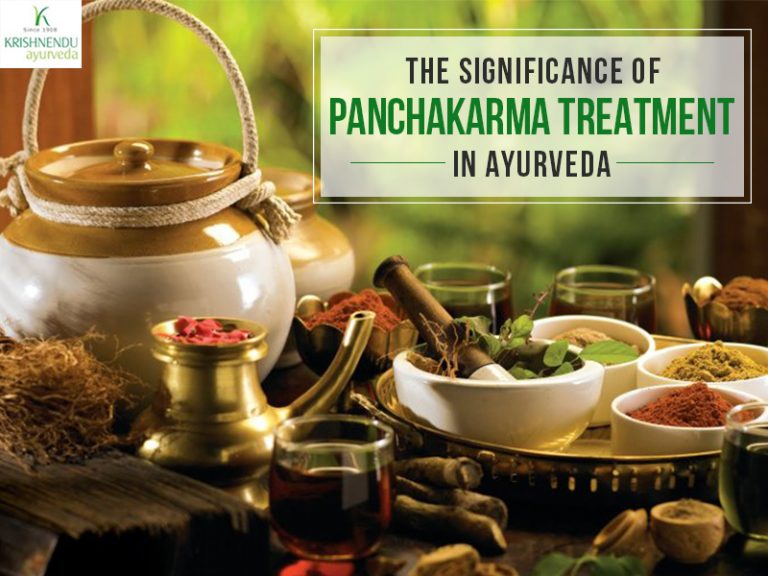Eyes are a reflection of the body’s overall health and taking care of it plays a significant role. To prevent defective eyesight or Drishtidosha in Ayurveda, it is vital to follow healthy eye habits like exercising, following a balanced and nutritious diet, avoiding strain for eyes, etc. Drishtidosha is caused due to a multitude of factors like nervous disability, alcohol consumption, excessive smoking and aging, which strikes the balance of pitta dosha.
Here are a few Ayurveda recommended tips and remedies to maintain the good health of your eyes:
1. Relax and meditate
Mind and vision are intertwined and therefore, meditating is considered as the best remedy to maintain eye health. Practice Trataka meditation by sitting comfortably and staring at a single point, object, black dot or a candle flame. If using candle flame, place it at least one meter away from the eye level. Gaze at it without blinking as long as your eyes start watering. Close your eyes and focus on the after-glow of the flame and meditate for a few more minutes.
2. Massage
Considered to be one of the most effective remedies for eyestrain and burning eyes, massaging pulls the heat from the eyes to promote sound sleep. Massage your scalp and feet every night with one teaspoon of castor oil, brahmi oil or coconut oil to relax your eyes.
3. Palming
Sit in a relaxed and comfortable pose, rub the palm of your hands together in a quick motion for 10 seconds. Close your eyes and cup your palms over them to block out all the light, without placing any pressure on the eyeballs. Repeat this exercise five times a day for up to 10 minutes to relieve eyestrain.
4. Eye drops
Before going to bed, apply a drop of organic and unrefined sesame oil in each eye to treat dry and itchy eyes. You can also use pure castor oil for irritated eyes.
5. Diet
Amla is rich in vitamin C which boosts immunity and also strengthens the eyesight. It improves the functioning of retinal cells and promotes healthier capillaries. Consuming spinach, almonds and carrots are recommended as it is known to replenish the body with antioxidants and loaded with essential nutrients such as vitamin A, C, iron and calcium.
Vitamin C, E and lutein is considered to be the best antioxidants for maintaining eye health.
Incorporate food like apples, grapes, walnuts, oranges, sweet potato and broccoli to enhance your vision.
6. Reduced use of technology
While using tech gadgets and devices we tend to forget to blink while staring at the device screen, when the minimum number of blinks per minute is 20. A reduction in the blinking of eyes will lead to dry eyes.
7. Ayurvedic herbs
Using triphala eye drops can reduce minor eye problems like inflammation, eye strain and redness. It is a rich source of vitamin C and antioxidants that can protect your eyes from any damage and is one of the best supplements to improve vision. You can also make your own herbal eyewash by mixing half a teaspoon of organic triphala powder with one cup of boiling water (distilled water). Allow the liquid to cool and strain it with a clean cloth to remove any particles. Dip a small towel in the liquid, place it over your eyes and blink frequently to allow the liquid to enter the eyes. Practice this for 5 minutes and pat dry the surrounding area. Ensure that you avoid straining your eyes after this to get optimum results for dealing with minor eye irritation.
Home Remedies to improve eyesight:
– Practice eye exercises to enhance vision and reduce stress
– Soak 5 to 10 almonds in water overnight and peel its skin, grind them and consume by adding it to a glass of warm milk. Continue doing this every day for at least a few months.
– Apply bhringraj herb, amla oil or organic ghee to improve vision.





